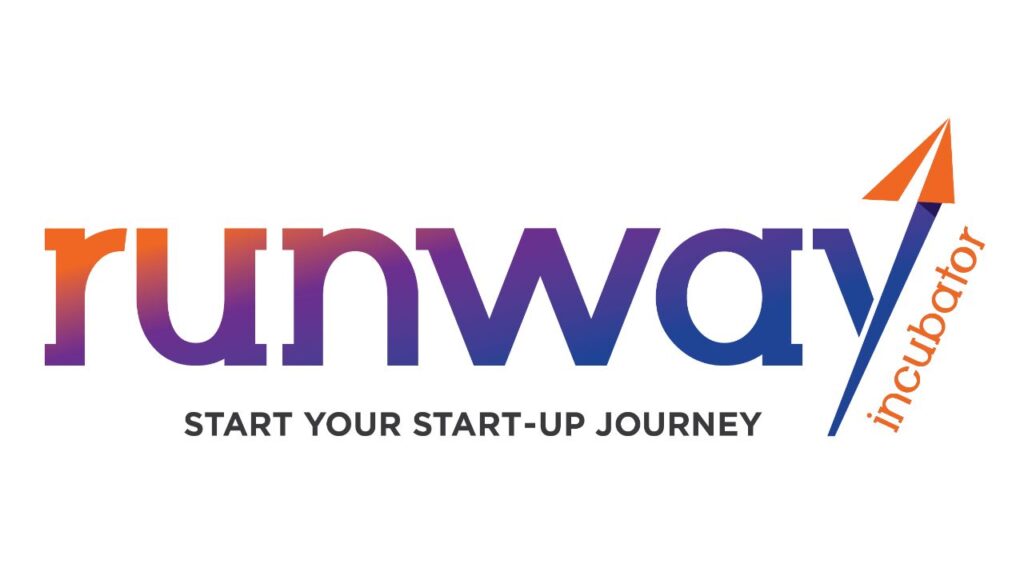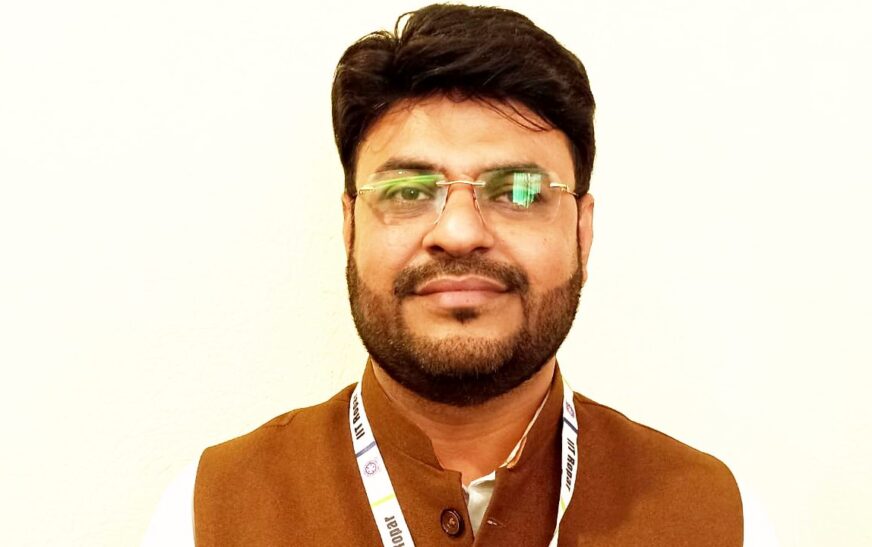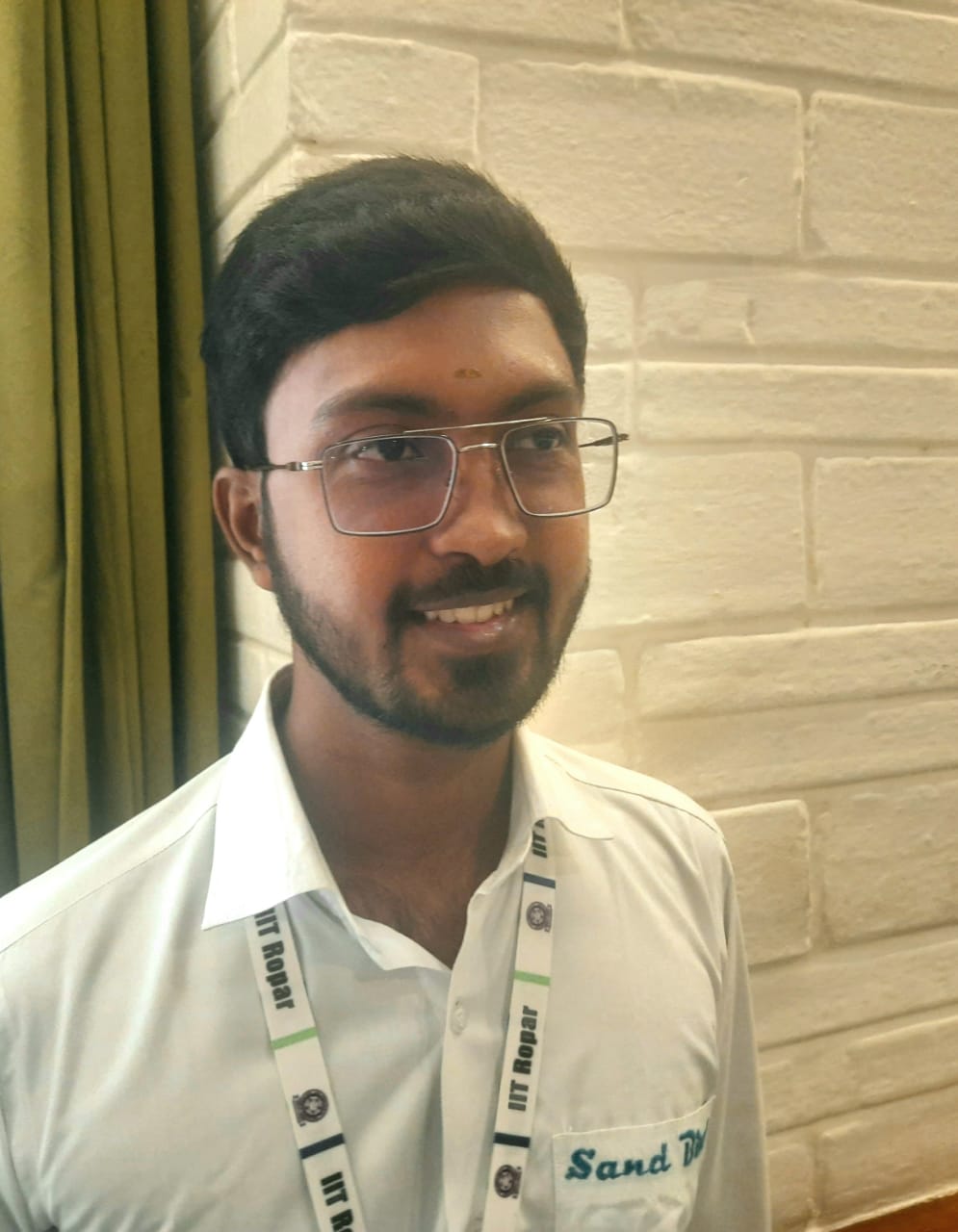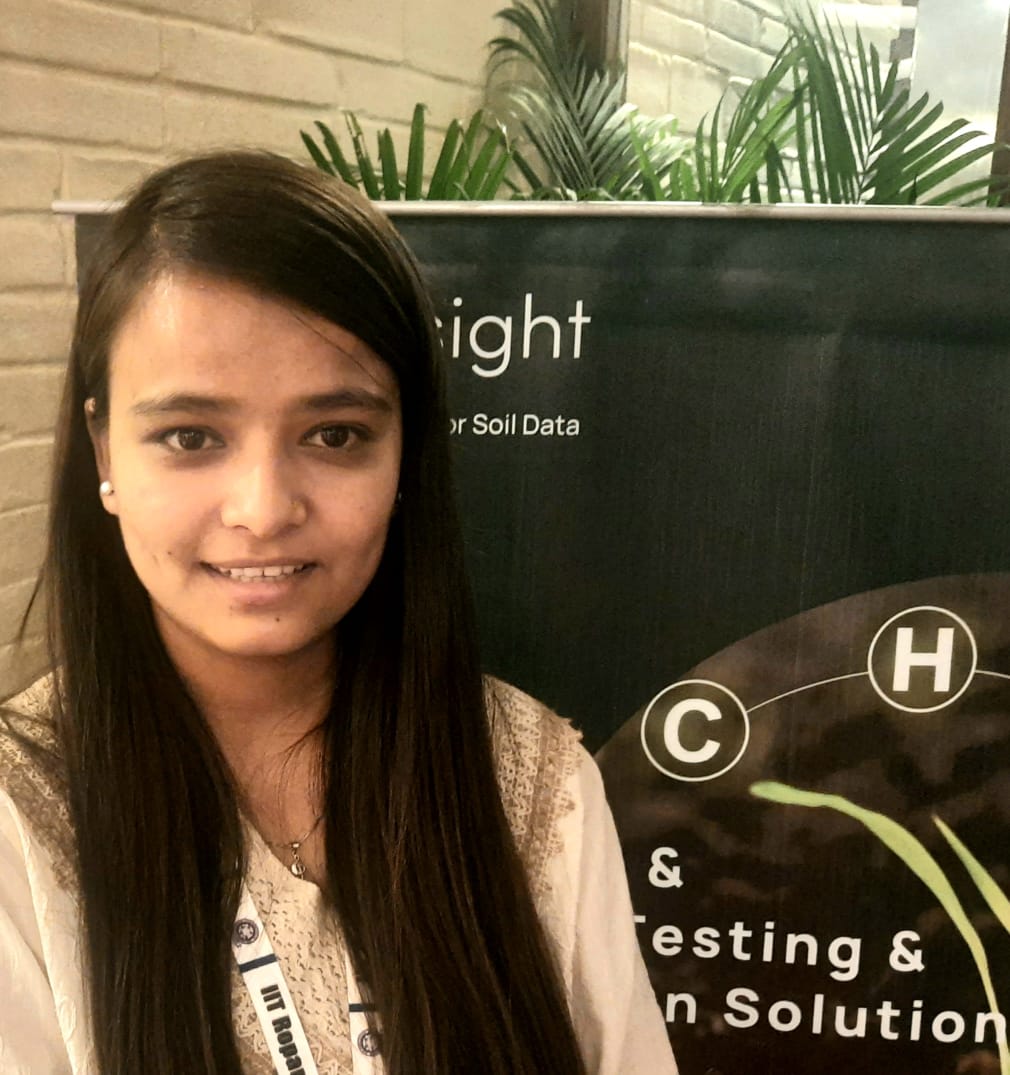Runway, the flagship incubation program of the UPES Council for Innovation and Entrepreneurship (UCIE), was established under the joint aegis of UPES and HERS. Recognized by the Government of Uttarakhand, UCIE functions as the state’s nodal agency for entrepreneurship development. It drives innovation by incubating startups and cultivating a robust, future-ready ecosystem that fuels economic resilience across the region.
In parallel, the Inclusive Technology Business Incubator (iTBI) at UPES—backed by the Department of Science and Technology (DST)—accelerates deep-tech ventures through a powerful combination of expert mentorship, capital access, and cutting-edge infrastructure. By merging DST’s institutional support with UPES’s academic depth and strong industry linkages, iTBI guides startups from ideation to commercialization. It empowers founders to create scalable innovations that deliver economic value and meaningful social impact.
iTBI targets high-growth sectors such as Deep Tech (quantum computing, robotics, advanced materials, IoT), Artificial Intelligence (NLP, computer vision), Machine Learning (predictive analytics, decision automation), and AgriTech (precision farming, supply chain optimization). Each focus area aligns with iTBI’s mission to address critical industrial challenges through breakthrough innovation.
At the PRAGATI Founders Forum 2025, hosted by iHub-AWaDH at IIT Ropar, The Interview World engaged in an exclusive conversation with Mohit Nagpal, CEO of UPES-DST-iTBI and Assistant Director of Runway. He offered a deep dive into how the incubator nurtures entrepreneurial ventures in the region. He also reflected on the journeys of successfully graduated startups, the strategic efforts to ensure long-term sustainability, and his ambitious vision for scaling the incubator’s impact.
Here are the key insights from this inspiring exchange.
Q: Can you elaborate on the role Runway plays as an incubator and the kind of support it offers to startups?
A: Runway is the sector-agnostic incubation program of UPES, a multidisciplinary university based in Dehradun. What sets Runway apart is its access to a diverse talent pool—UPES houses eight distinct schools, including the School of Business, School of Design, School of Engineering, School of Health Sciences, and the School of Liberal Studies, School of Computer Science and among others.
Because of this diversity, Runway supports both internal student-led ventures and external startups from the broader entrepreneurial ecosystem. The journey begins with an open call for applications during the admission stage. Selected startups enter a structured incubation program, where they receive mentorship, capacity-building support, and initial funding assistance for prototype development.
Following this, startups can progress into an intensive 18-month incubation phase. During this period, Runway offers access to expert mentoring, external funding opportunities, investor pitch sessions, networking events, and other critical support services—mirroring the best practices of leading incubation models.
Runway’s impact is further amplified through support from multiple government initiatives. Startup Uttarakhand, under the State Government, has granted ₹2 crore to strengthen the startup ecosystem in the region. Additionally, Runway houses the Inclusive Technology Business Incubator (iTBI), supported by the Department of Science and Technology (DST).
As head of the DST-backed iTBI, I oversee its focus on three key sectors: Artificial Intelligence and Machine Learning, Sustainability, and AgriTech. We actively support a cohort of 15 high-potential startups in these domains, providing them with targeted grant support and infrastructure to accelerate their growth.
Beyond DST, Runway also operates under the umbrella of several national-level schemes. These include the Atal Community Innovation Centre (ACIC), the DBT BIRAC SPARSH, and the MeitY Startup Hub’s GENESIS initiative (Gen-Next Support for Innovative Startups).
Together, these partnerships position Runway as a comprehensive launchpad for entrepreneurial success—backed by institutional strength, government support, and a vibrant innovation ecosystem.
Q: How many startups have graduated from your incubator so far, and could you share some insights into how they have scaled since their graduation?
A: Runway Incubation Center has successfully graduated between 50 to 55 startups, with a total of 170 incubated to date. Remarkably, 100+ of these ventures remain active, underscoring the center’s robust support ecosystem. Among our standout success stories are PensionBox and Homversity—both nurtured at Runway from their early stages. These startups have since secured funding from external investors, progressing to the Series A funding level. Notably, PensionBox recently attracted backing from Zerodha, further validating the impact of our incubation efforts. These milestones reflect the caliber of innovation and growth that Runway consistently delivers.
Q: Early-stage failure remains a significant challenge for Indian startups. In your view, what specific measures are needed to improve their long-term sustainability and success?
A: Having been part of the incubator for the past five years, I’ve closely observed the evolving mindset of incoming startups. Many arrive with a primary focus on securing grants. However, the most critical gap in the incubation ecosystem isn’t funding—it’s mentorship. What truly drives sustainable growth is access to the right mentors.
Startups need subject matter experts who can objectively assess whether their product is viable, whether it fits the market, and whether it can survive beyond the initial launch. With the right guidance, they can navigate the treacherous ‘valley of death’ and move toward real scalability. Without it, failure is far too common. We’ve witnessed this pattern repeatedly—startups falter not due to lack of funding, but due to a lack of direction.
Q: Looking ahead, what is your strategic vision for the organization, and how do you see it evolving over the next five years?
A: As part of DST and within the Runway ecosystem under UPES, we envision transforming UPES into a true startup university. Our goal is clear: within five years, at least 25% of our students should choose startups as their career path. This ambitious vision guides every step we take toward fostering a vibrant entrepreneurial culture on campus.









